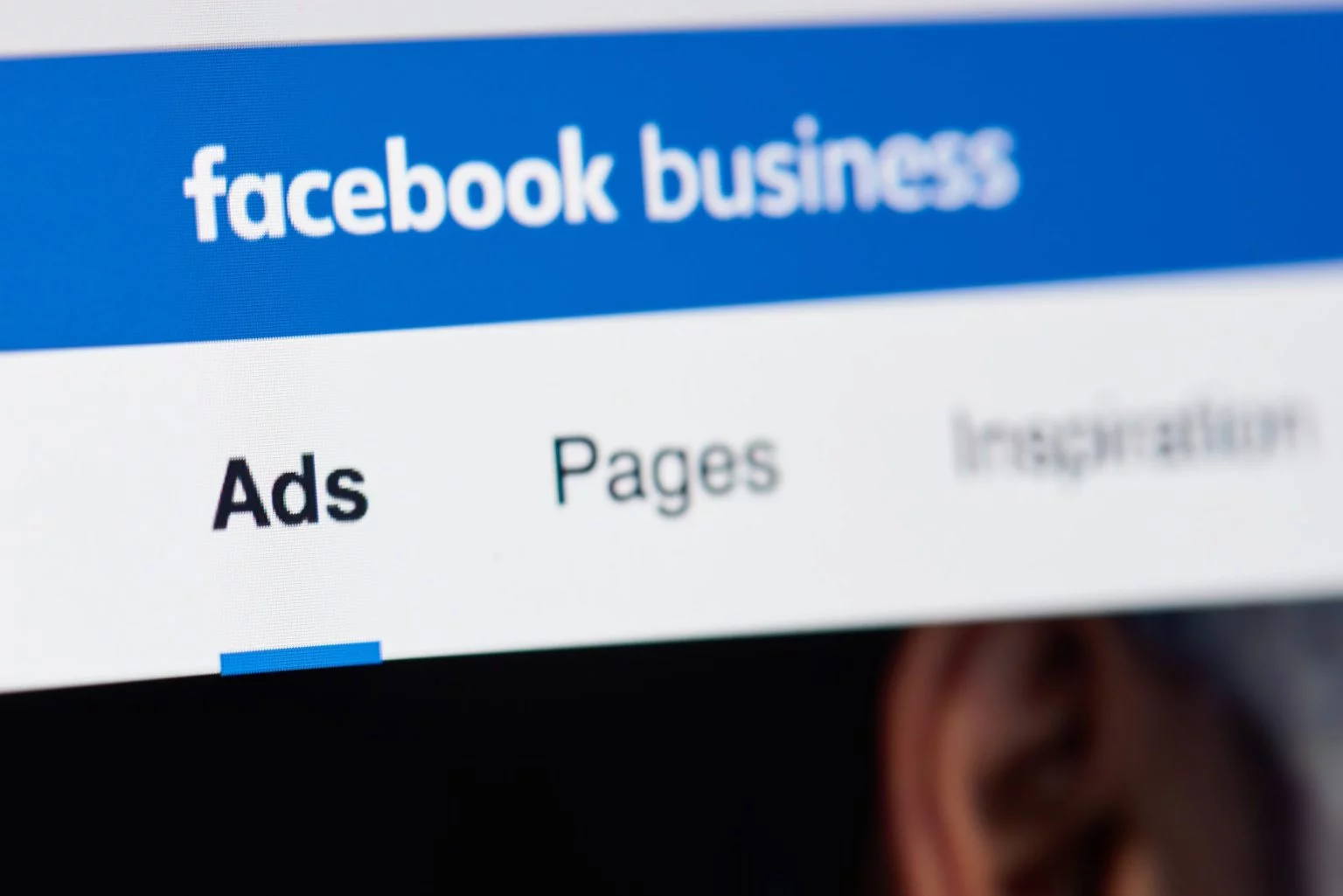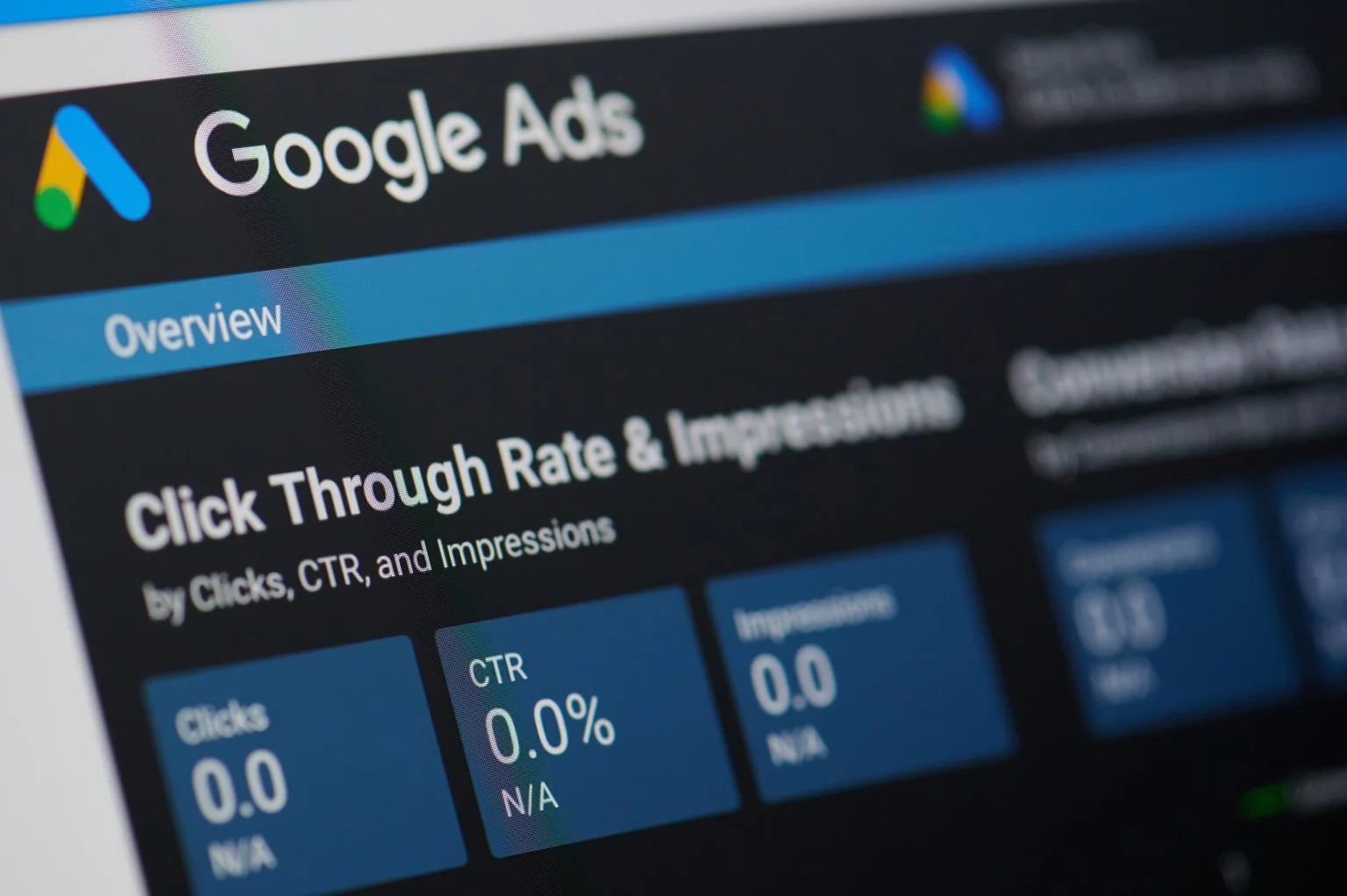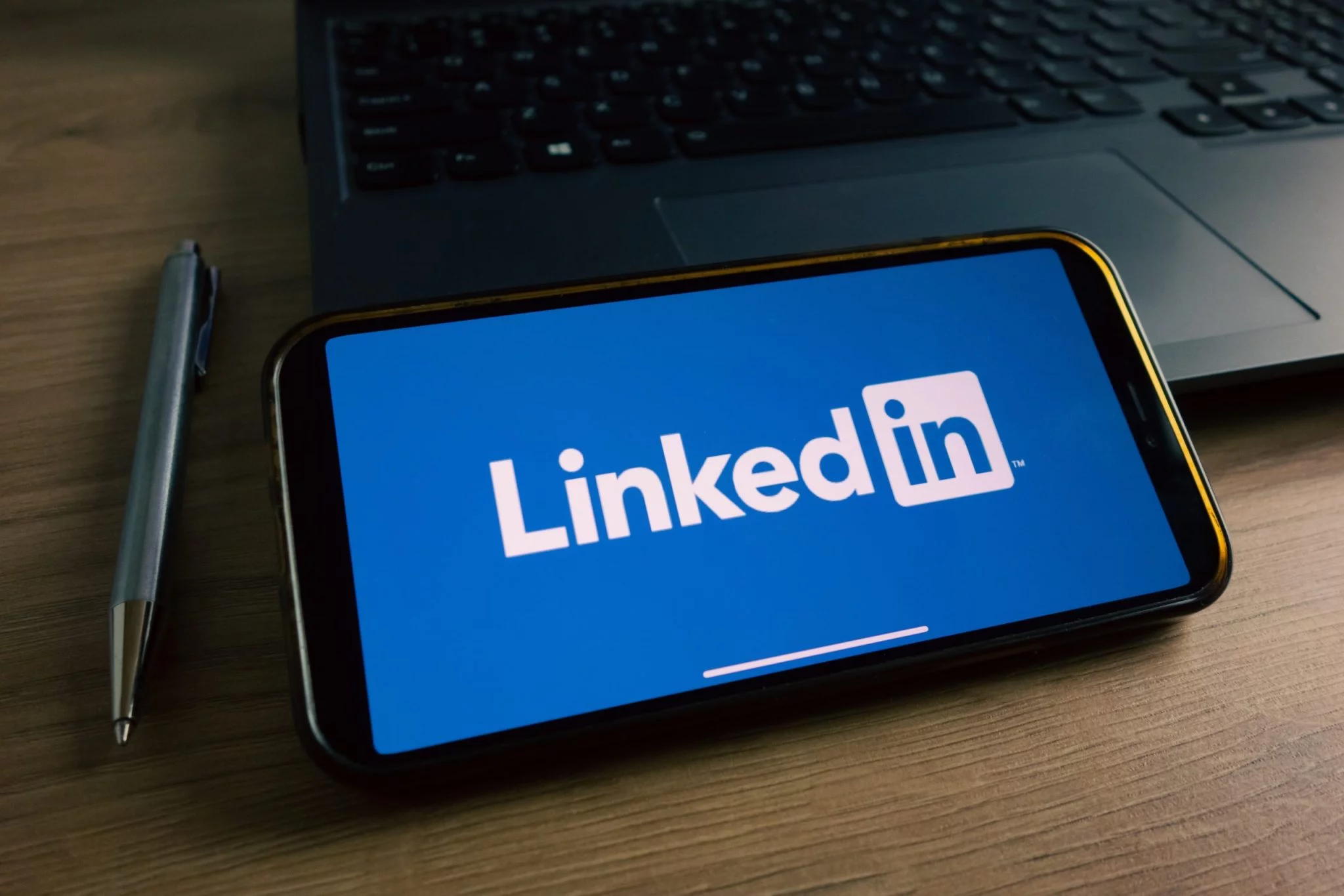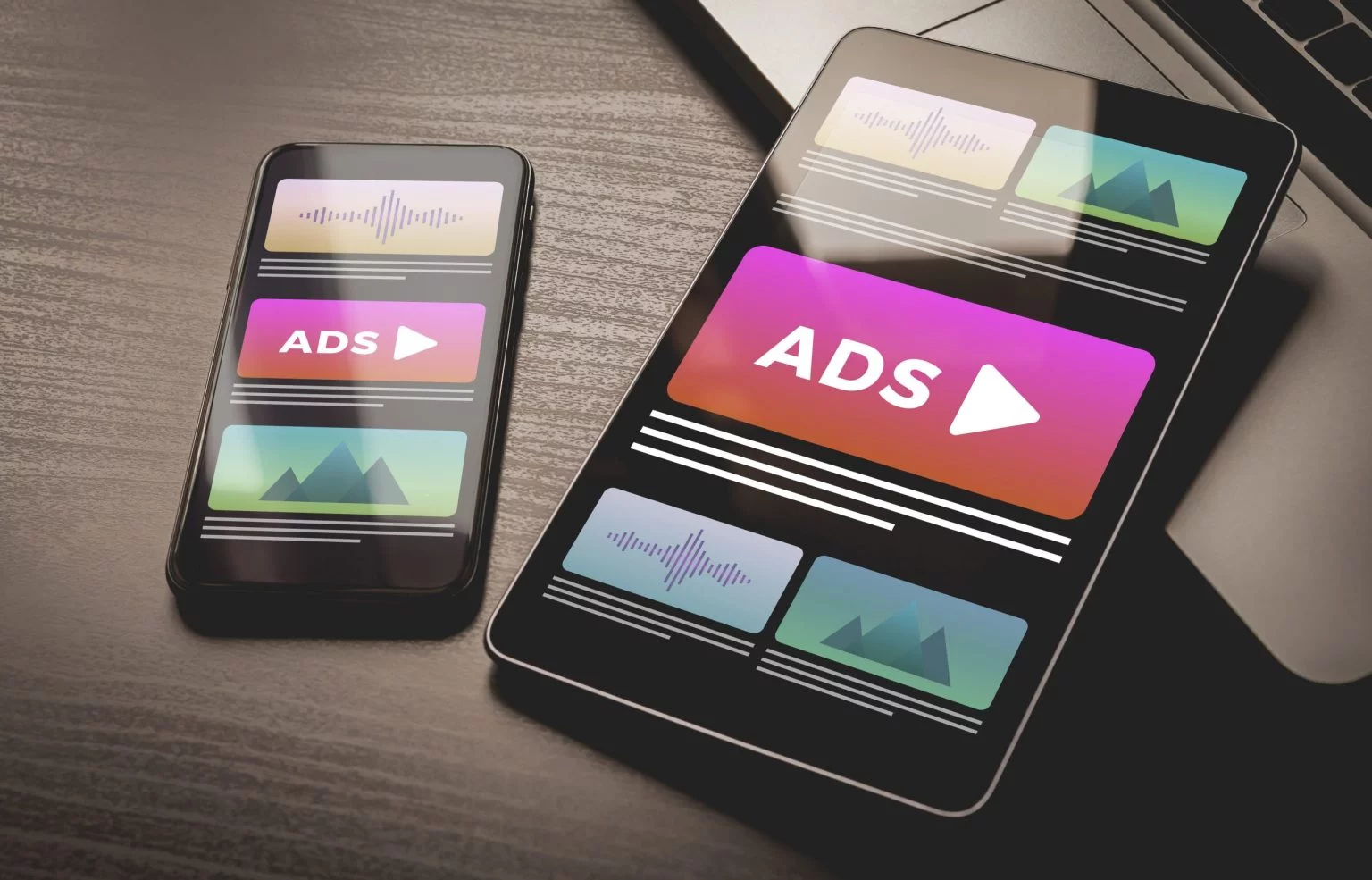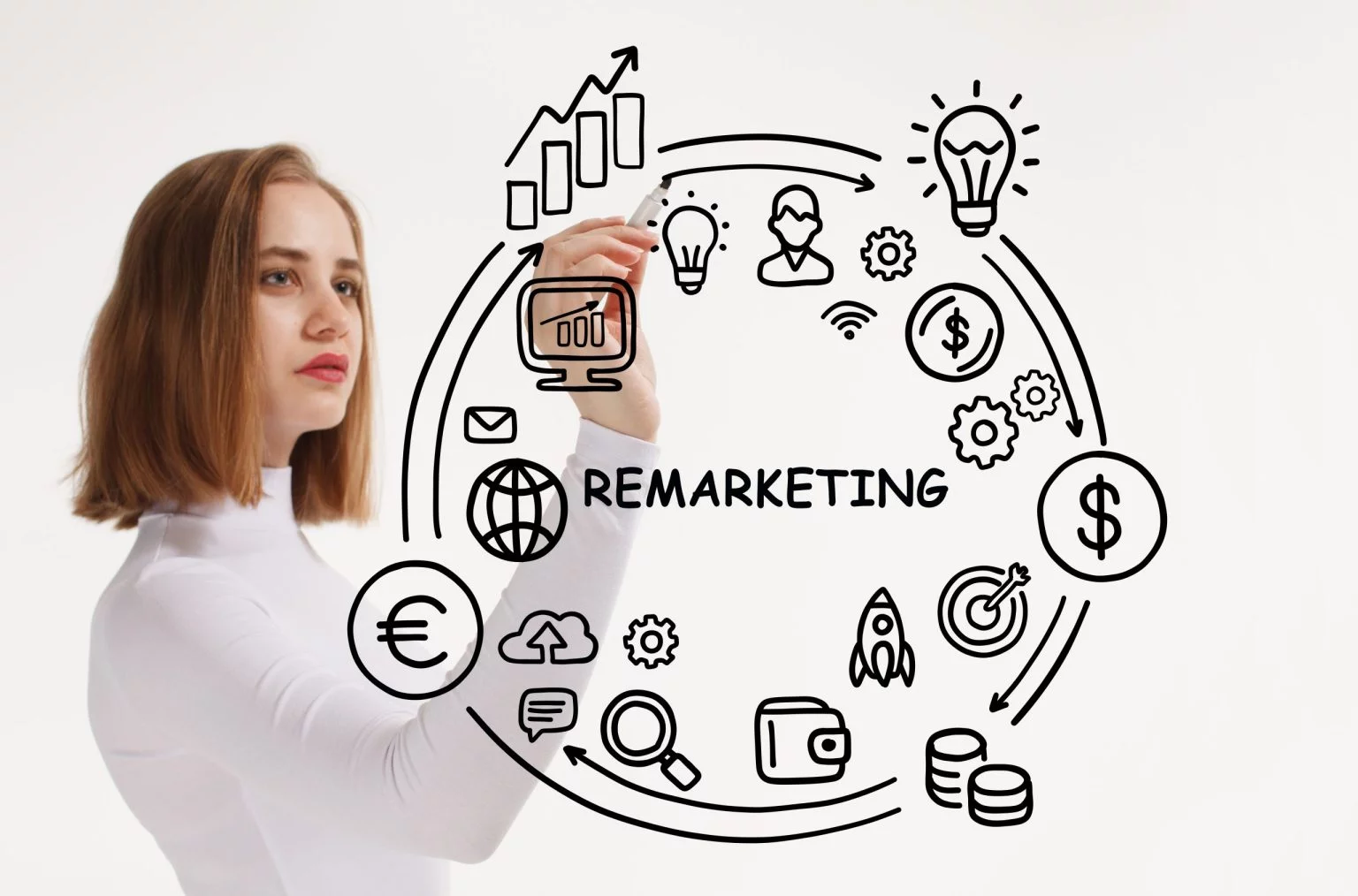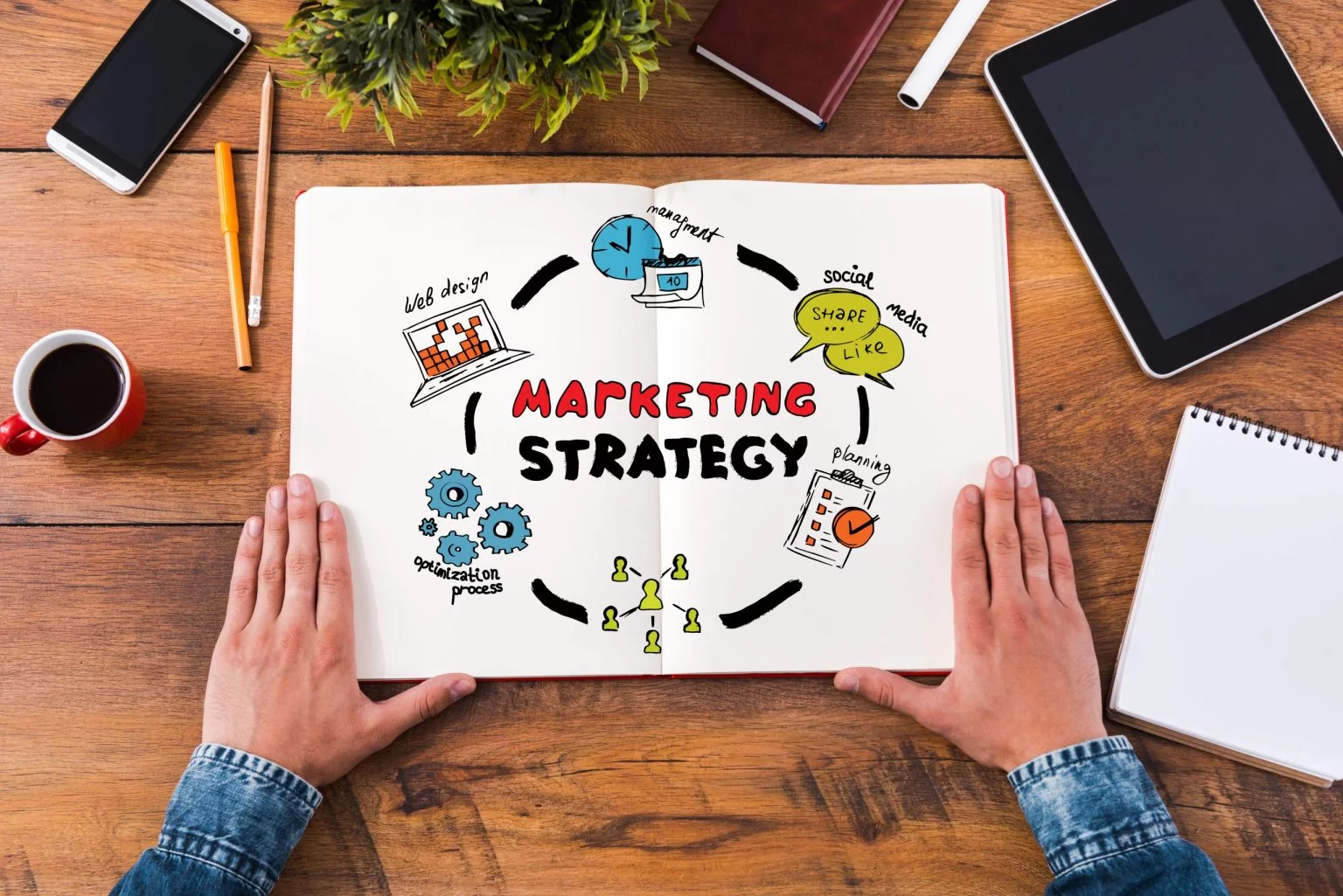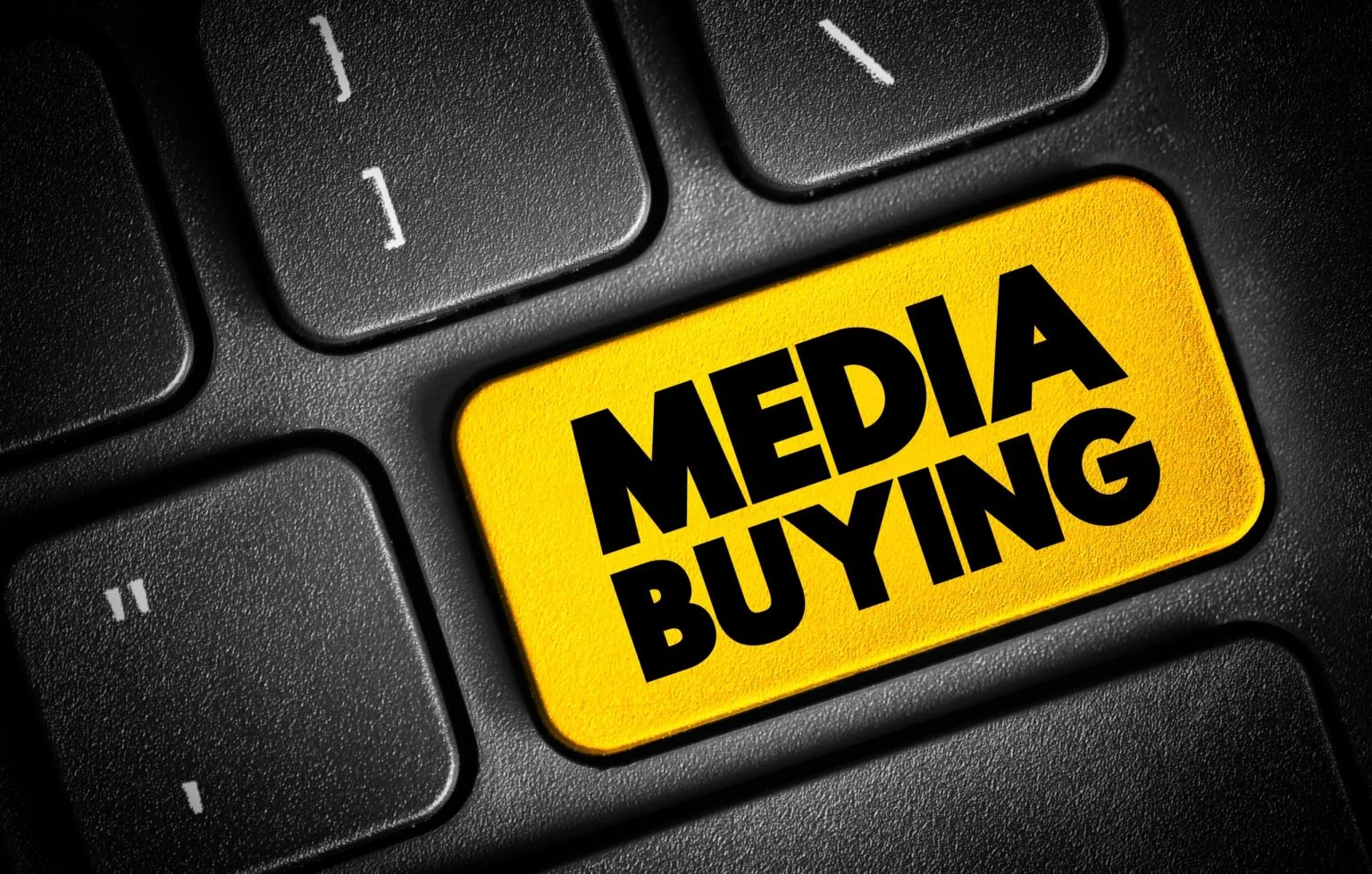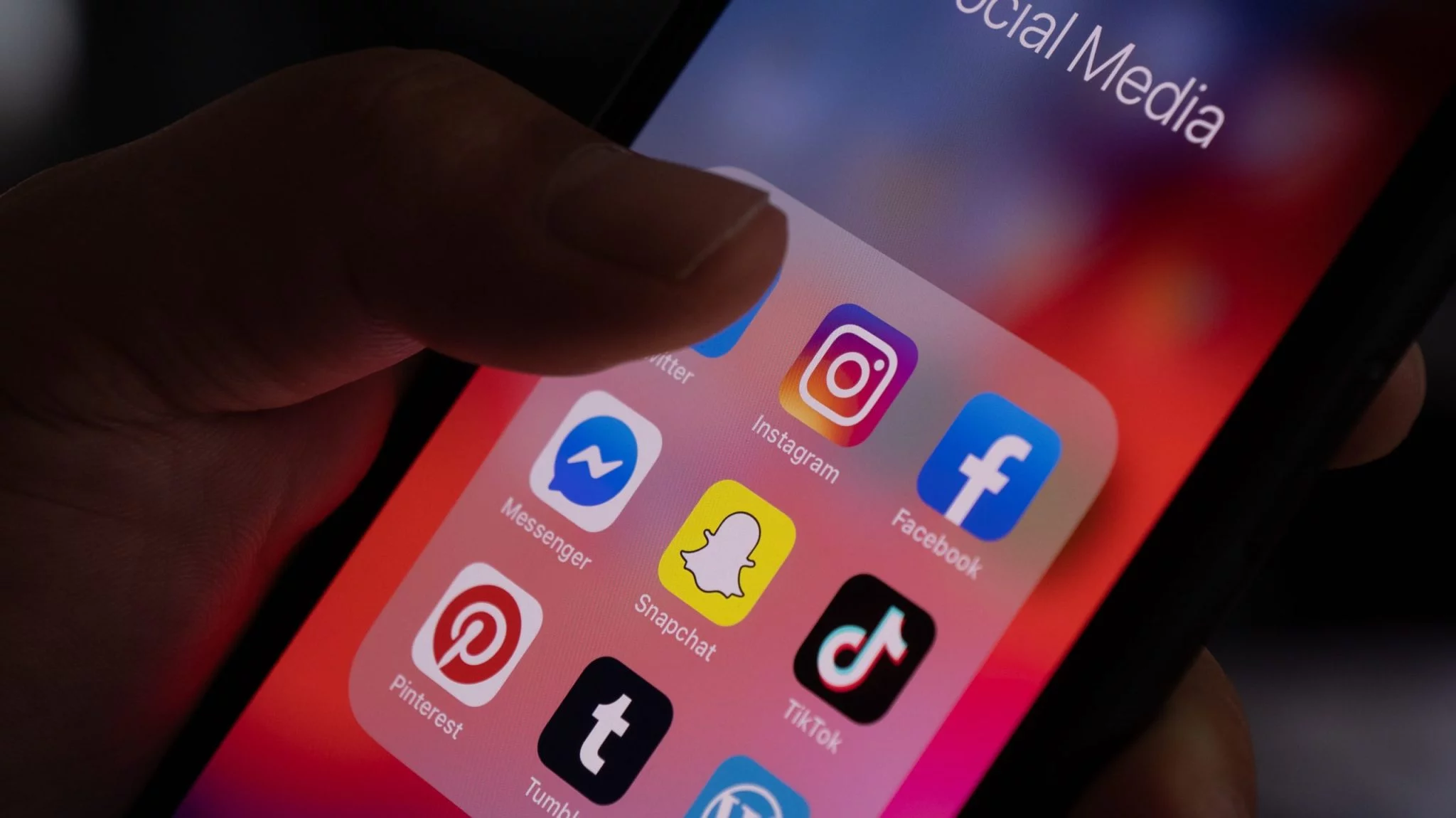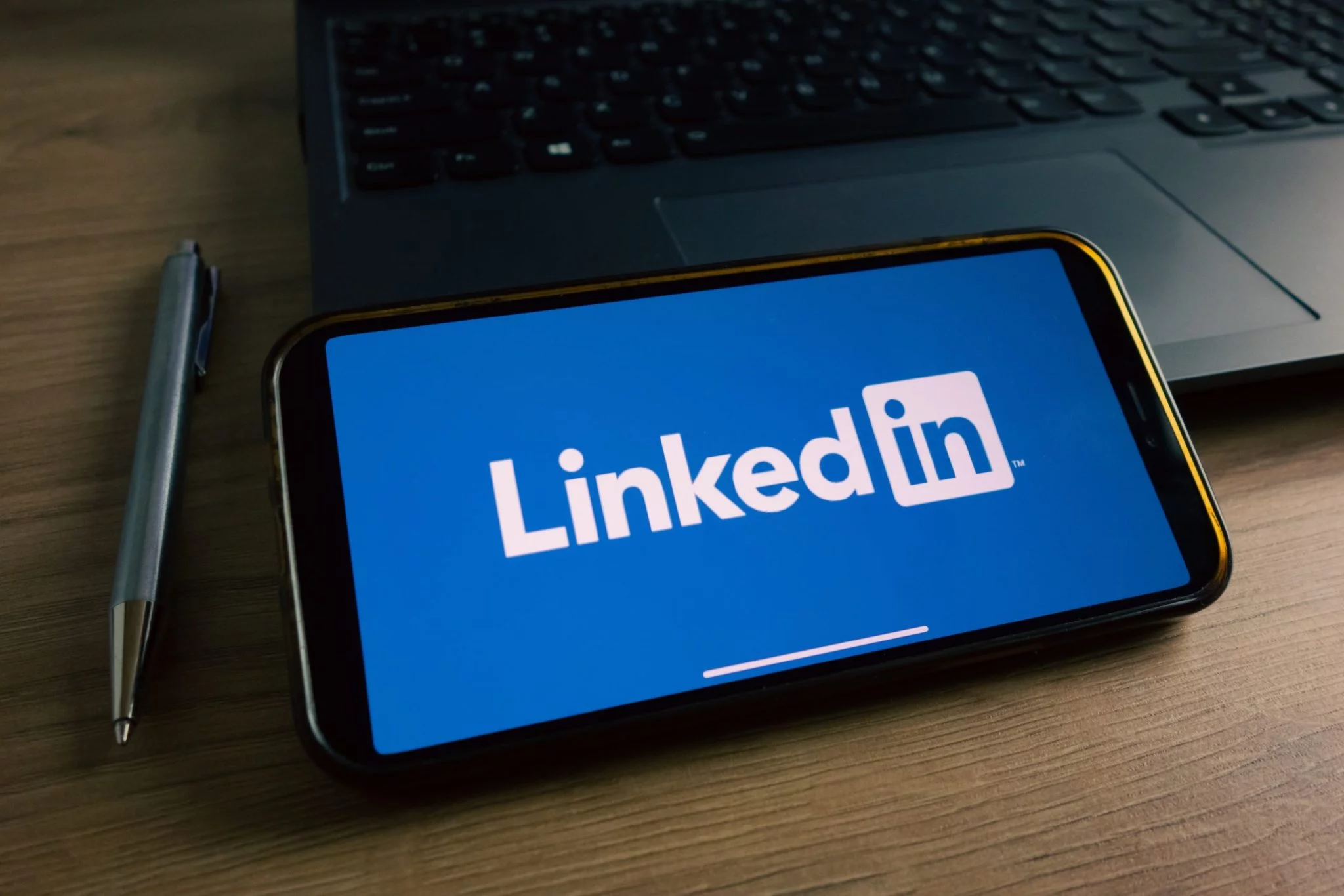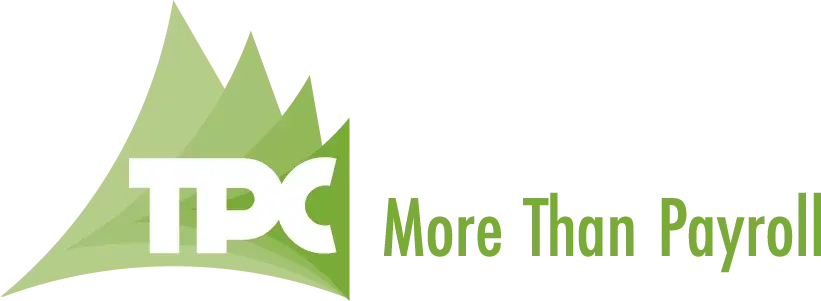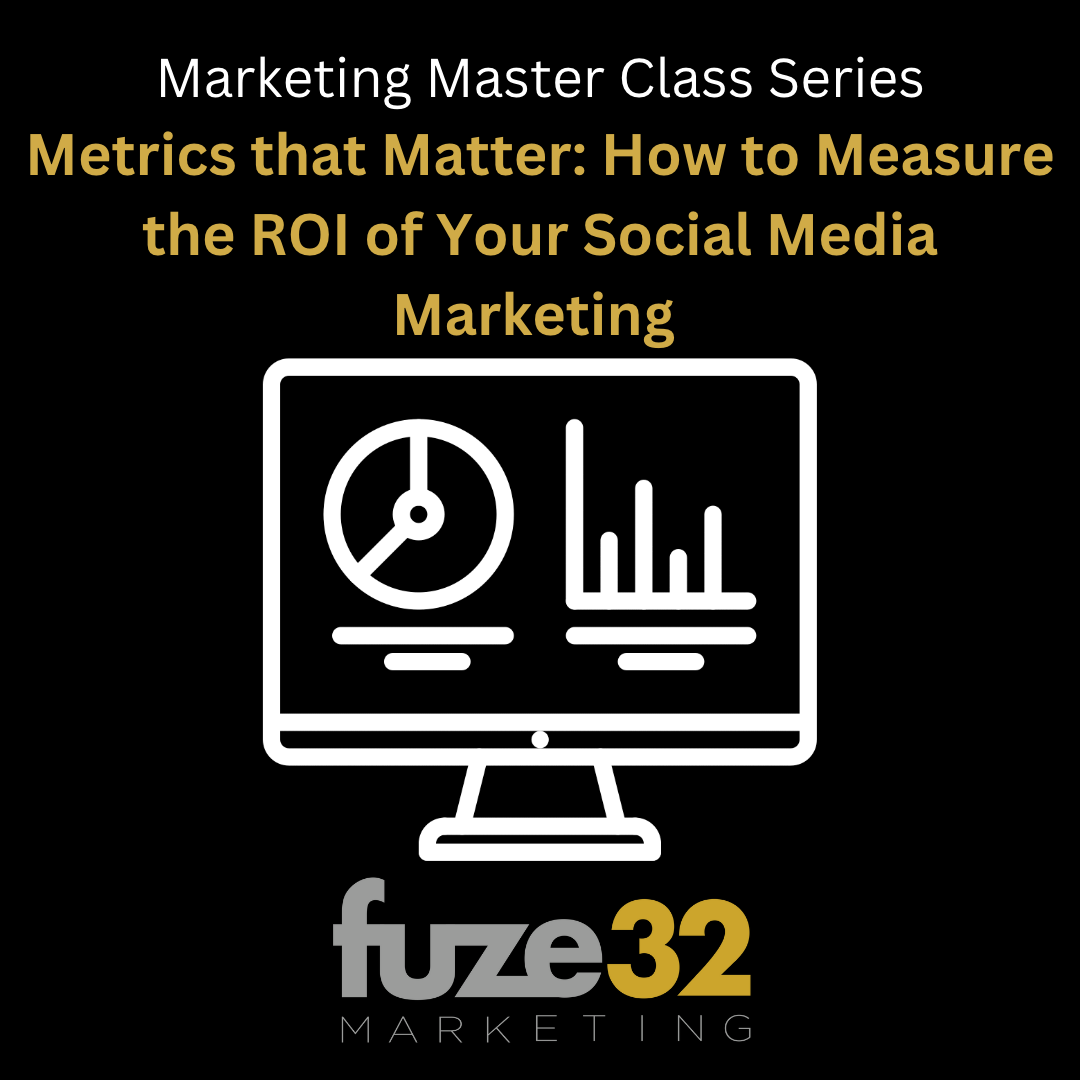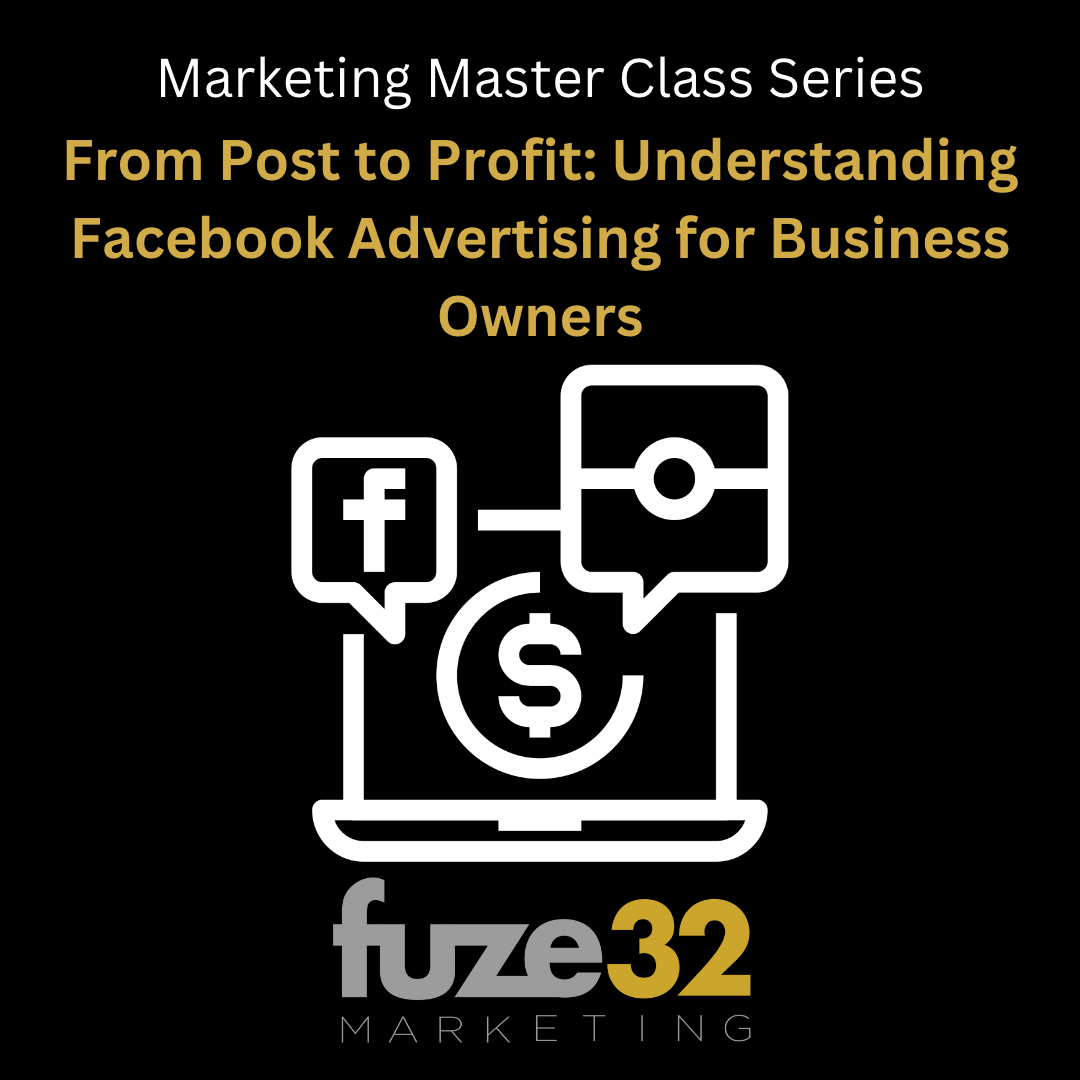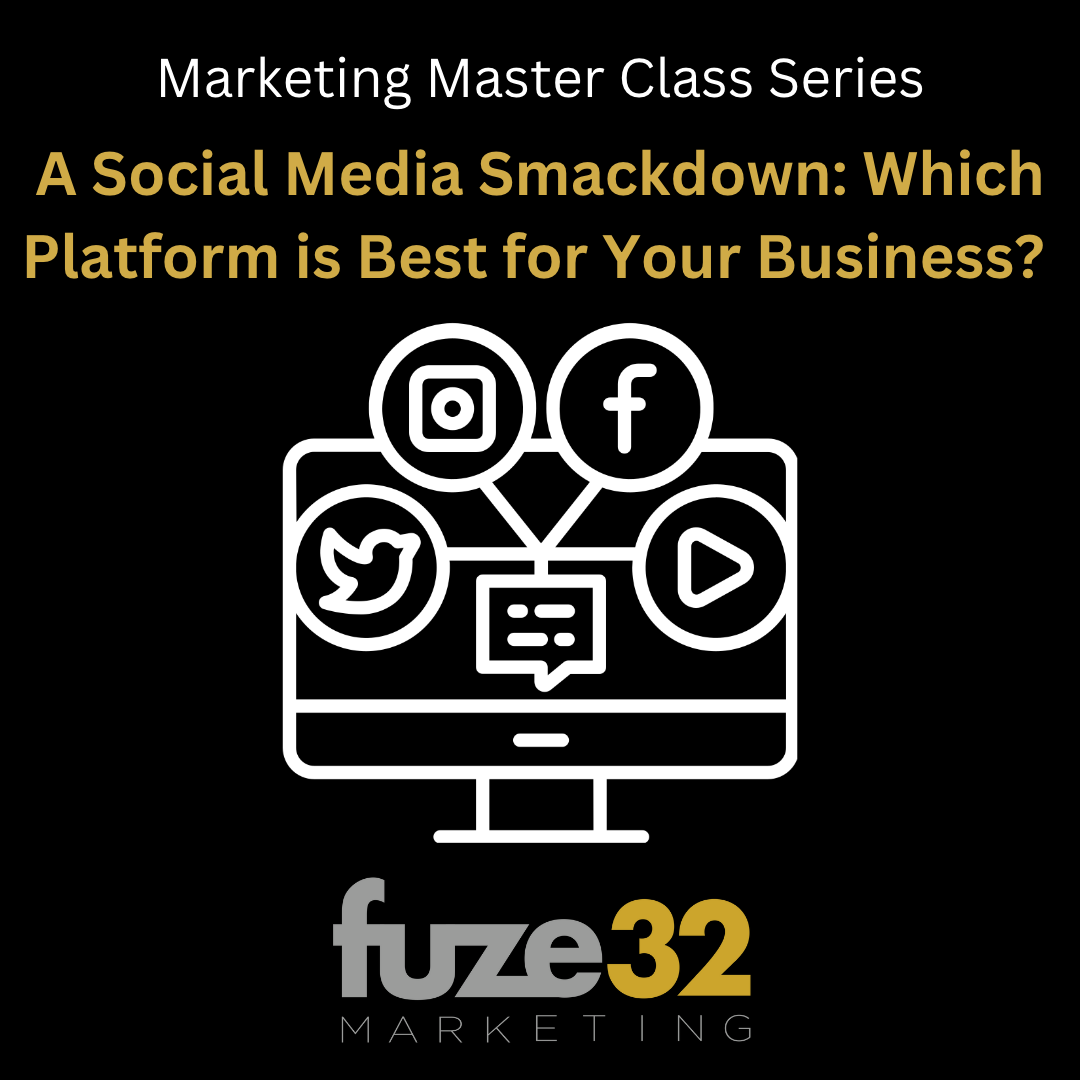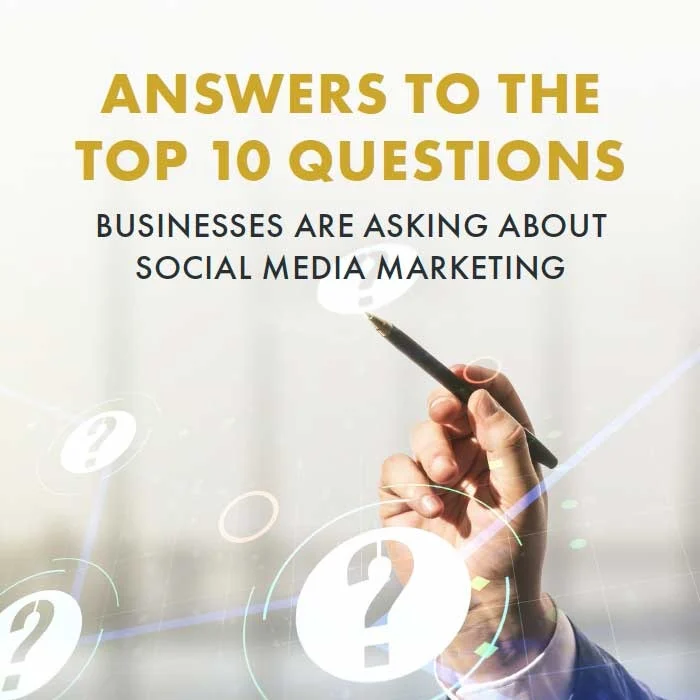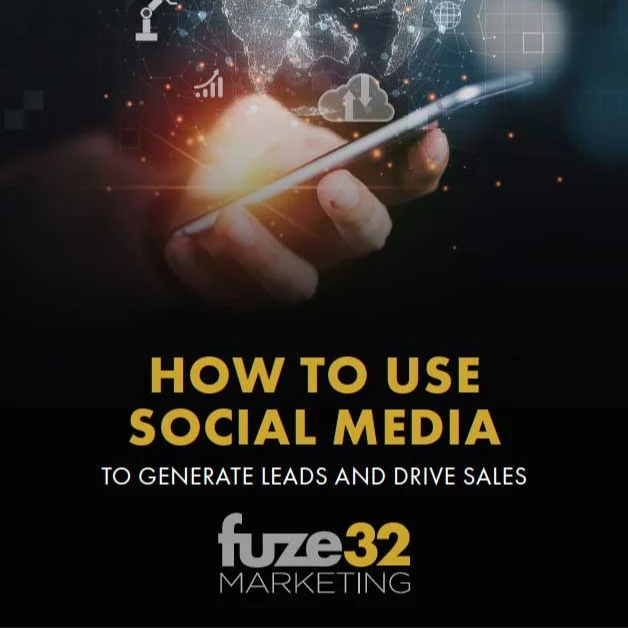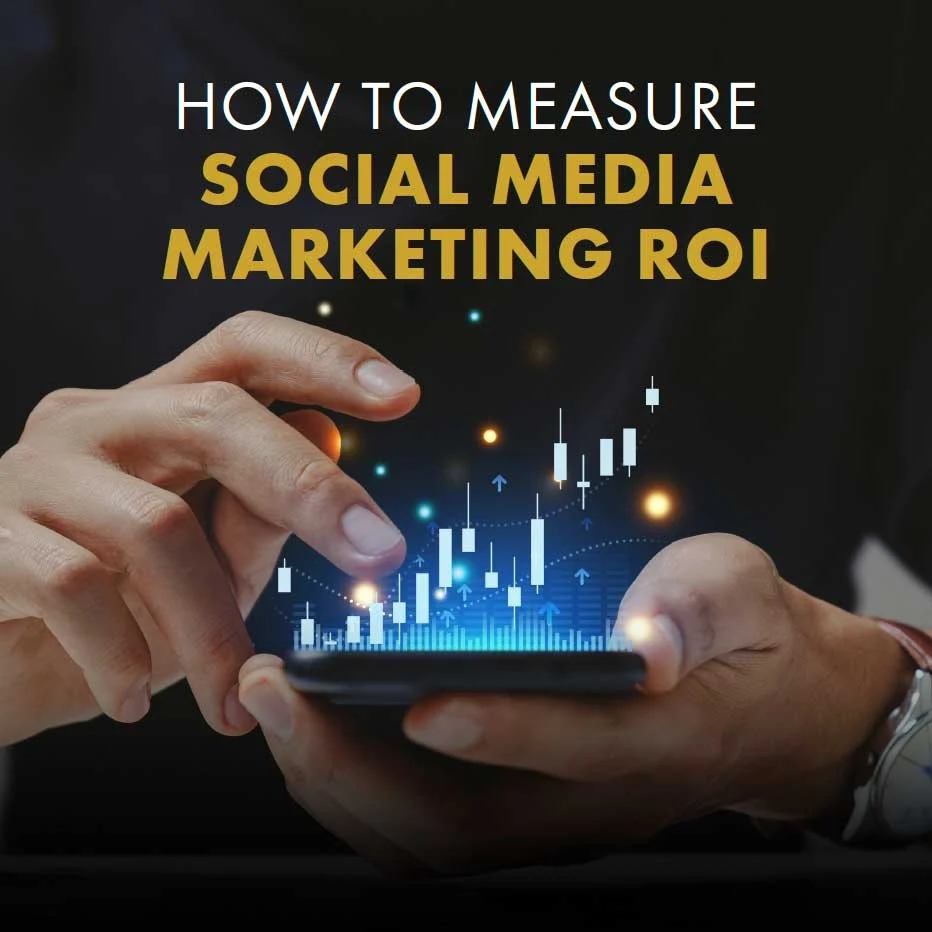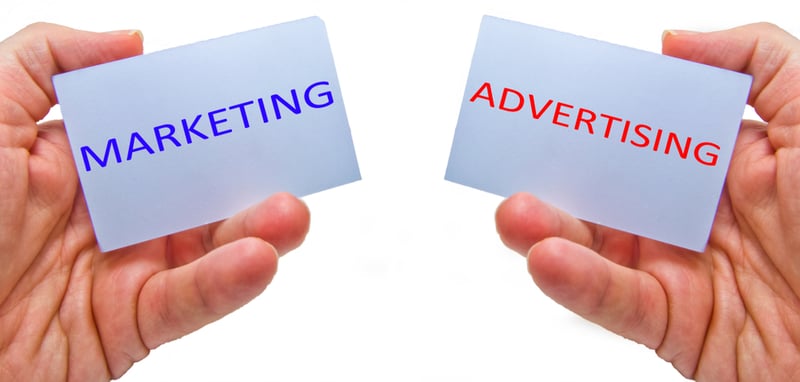
Do you know that awkward moment when someone asks you to explain the difference between marketing and advertising, and you just freeze? Yeah, we've all been there. It's like being asked to explain the difference between a crocodile and an alligator – you know there's a difference, but suddenly your brain decides to take a vacation.
Key Takeaways
- Marketing vs. Advertising: Marketing is the overarching strategy that identifies customer needs and aligns products or services to meet them, while advertising is a subset of marketing focused on promoting those products through paid channels.
- The 4 Ps of Marketing: Product, Price, Place, and Promotion form the foundation of any effective marketing strategy, guiding how businesses position and sell their offerings.
- Keys to Effective Marketing and Advertising: Both require deep audience research, strategic messaging, and authentic engagement to drive action and build brand loyalty.
- Collaboration is Key: Marketing and advertising work hand-in-hand, with marketing setting the strategy and advertising executing it to reach and influence the target audience.
- Why It Matters: Understanding the distinction between marketing and advertising is crucial for creating a business strategy that thrives in today’s competitive, digital-first landscape.
Here's the thing: the continued evolution of technology and the growing influence of digital online marketing have made the line between marketing and advertising blurrier than a smartphone photo taken while running. But here's your lifeline – understanding this distinction isn't just academic trivia. It's actually crucial for building a business that doesn't just survive but absolutely thrives.
What is Marketing? (Spoiler: It's Bigger Than You Think)
Think of marketing as the master strategist sitting in a war room, surrounded by whiteboards covered in customer data and coffee-stained napkins with brilliant ideas scribbled on them. Marketing is your North Star; it helps you identify what customers want now, what they'll want six months from now, and how to meet those needs without breaking the bank.
The best marketing strategies are like a Swiss Army knife for your business. They pinpoint ways to serve different customer bases while maximizing profits. Whether you're doing business-to-business (B2B) marketing that focuses on other companies, or business-to-consumer (B2C) that puts consumers front and center, marketing is your roadmap.
Here's where it gets interesting: The marketing process isn't just about pretty campaigns and catchy slogans. It's about diving deep into research, parsing through mountains of data (yes, that sounds as thrilling as watching paint dry, but trust us), and aligning your products or services to your target audience like pieces of a puzzle. Marketing defines your product and clearly explains how it solves a specific problem that keeps your customers up at night.
Keys to Effective Marketing
Effective marketing is part detective work, part psychology experiment. It involves intense research into how audiences respond to distinct elements of a campaign, and we mean everything. From the specific shade of blue in your logo (did you know Facebook's blue was chosen because Mark Zuckerberg is red-green colorblind?) to the images used in your digital ads, every detail matters.
You need to develop a language and design that doesn't just influence your audience, it practically hypnotizes them into action. But here's the catch: it has to feel authentic, not manipulative.
The 4 Ps of Marketing: Your Strategic Foundation
Remember the marketing mix? These four components are like the cardinal directions of your business compass:
Product — This outlines the products or services your business provides that fill an existing demand. It's not just what you're selling; it's the solution you're providing.
Price — What customers will pay for your product. Here's where things get psychological: marketers must tie the actual value of the product to the perceived value in their audience's mind. (Fun fact: people will pay $5 for coffee at Starbucks but complain about a $3 parking fee.)
Place — How companies decide where to sell a product to maximize profit. This includes everything from store displays and product placements in movies to selling through online outlets.
Promotion — This defines the efforts you put into promoting your product and convincing customers why it's needed and worth every penny.
What is Advertising? (The Megaphone of Your Marketing Strategy)
If marketing is the strategist, advertising is the charismatic spokesperson with the megaphone. Advertising involves promoting your business's services and products through different paid channels to reach your target audience. It's where companies establish their brand identity and increase sales through targeted messaging.
The most effective advertising campaigns are like perfectly timed jokes – they hit at exactly the right moment and achieve specific business goals using various methods:
- Traditional print and broadcast media
- Retail store ads
- Online advertising (where 4.8 billion people spend their time)
- Mobile advertising targeting smartphone users
- Outdoor advertising (billboards, banners, buildings, vehicles)
- Pay-Per-Click (PPC) ads that drive clicks to websites
Keys to Effective Advertising
Great advertising doesn't just inform, it educates your audience about the benefits of your product while subtly (or not so subtly) explaining why you're superior to the competition. The best advertising campaigns leave customers feeling like they absolutely must have your product to solve their problem or fulfill a specific need.
Take Twix, for example. Their marketing team deserves a standing ovation for consistently delivering timely, exciting advertising. Remember their genius "Left Twix vs. Right Twix" campaign? They literally created a rivalry between two identical sides of the same candy bar – and people bought into it! They've also mastered social media engagement and recently launched a campaign tying their new Cookies & Crème bars to stylish sneakers, brilliantly appealing to younger demographics.
How Marketing and Advertising Work Together (Like Batman and Robin)
Here's where the magic happens: advertising is actually a sub-element of the Promotion part of the marketing mix we mentioned earlier. They're not competitors – they're dance partners.
Marketing focuses on getting your products ready for the marketplace, like a chef preparing ingredients before cooking. Advertising is where you actually serve the dish, communicating what your brand stands for based on all that research done during the marketing phase.
Think of it this way:
- Marketing researches what audiences like and determines how to position your brand
- Advertising uses that data to showcase products and services in ways that make audiences think, "I need this in my life."
- Both are essential for generating revenue and shaping how customers perceive your brand
The Bottom Line: Why This Distinction Matters
Understanding the difference between marketing and advertising isn't just semantic gymnastics. It's fundamental to building a successful business strategy. Marketing provides the foundation and direction, while advertising executes the vision and drives action.
In our increasingly digital world, where consumers are bombarded with over 5,000 advertising messages daily, having a clear understanding of both marketing and advertising strategies can make the difference between businesses that thrive and those that simply survive.
Ready to Master Both Marketing and Advertising?
Now that you can confidently explain the difference between marketing and advertising at your next networking event (you're welcome), it's time to put this knowledge into action. Whether you need help developing comprehensive marketing strategies or creating advertising campaigns that actually convert, the right expertise can transform your business.
Let fuze32 help you navigate both marketing and advertising strategy with a personalized consultation and here's the best part: the first one's on us! Don't let another day pass wondering if your marketing efforts are hitting the mark. Schedule your free consultation today and discover how the perfect blend of marketing strategy and advertising execution can take your business to the next level.

FAQ: Advertising vs Marketing
-
What is the main difference between marketing and advertising?
Marketing is the broader strategy that involves understanding customer needs and positioning products to meet them, while advertising is a specific tactic within marketing that promotes products through paid channels. -
Why are the 4 Ps of marketing important?
The 4 Ps—Product, Price, Place, and Promotion—serve as the strategic foundation for businesses to effectively position, price, and promote their offerings to the right audience. -
How do marketing and advertising work together?
Marketing sets the strategy by researching customer needs and defining the brand, while advertising executes that strategy by promoting products and services to the target audience. -
What makes advertising effective?
Effective advertising educates, engages, and persuades the audience by highlighting the benefits of a product and creating a sense of urgency or need, often using creative and targeted messaging. -
Why is understanding marketing and advertising important for businesses?
A clear understanding of both helps businesses create cohesive strategies that not only attract customers but also build long-term brand loyalty and drive revenue.



.webp)





